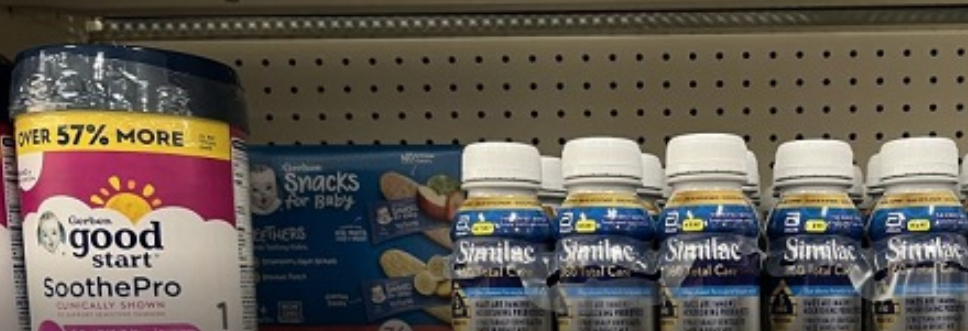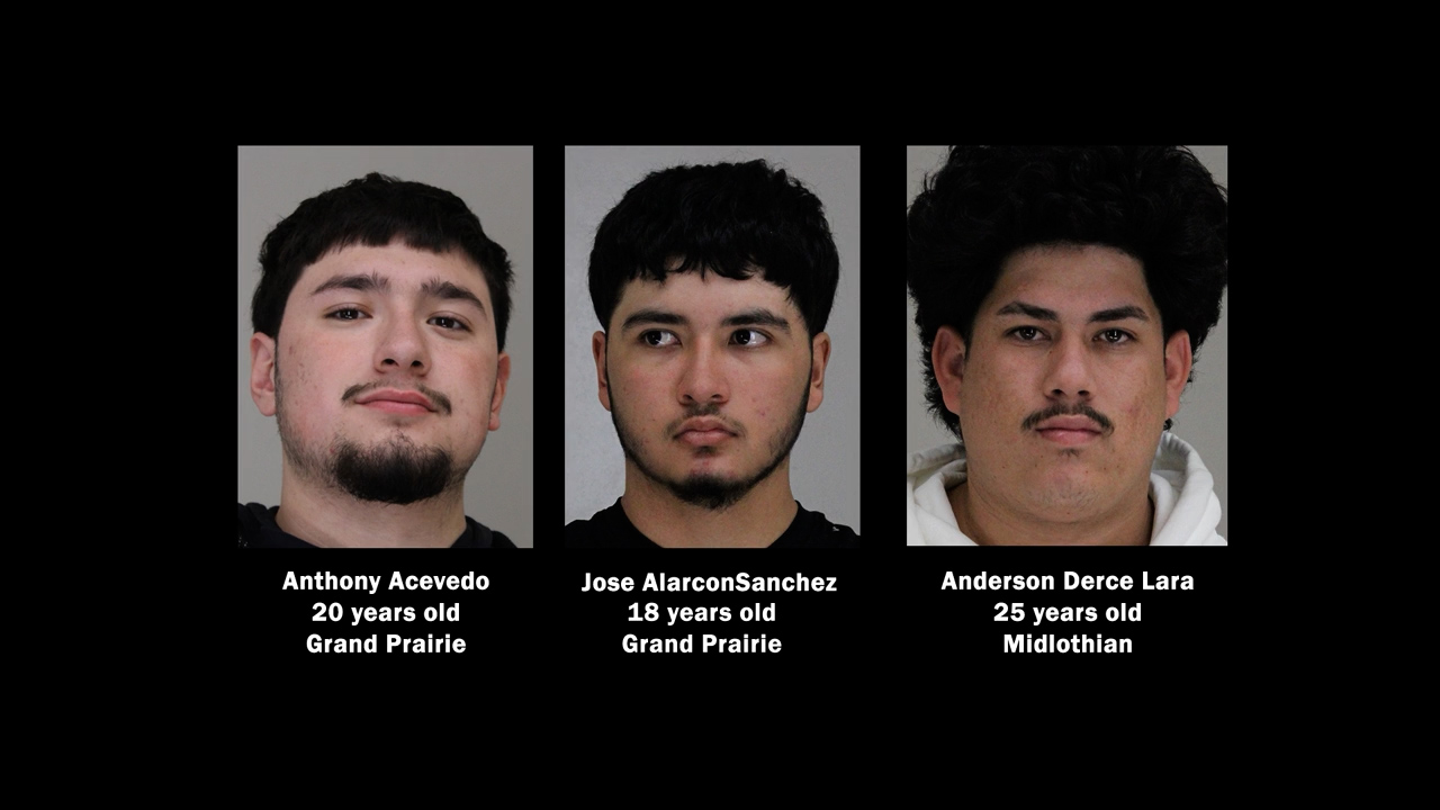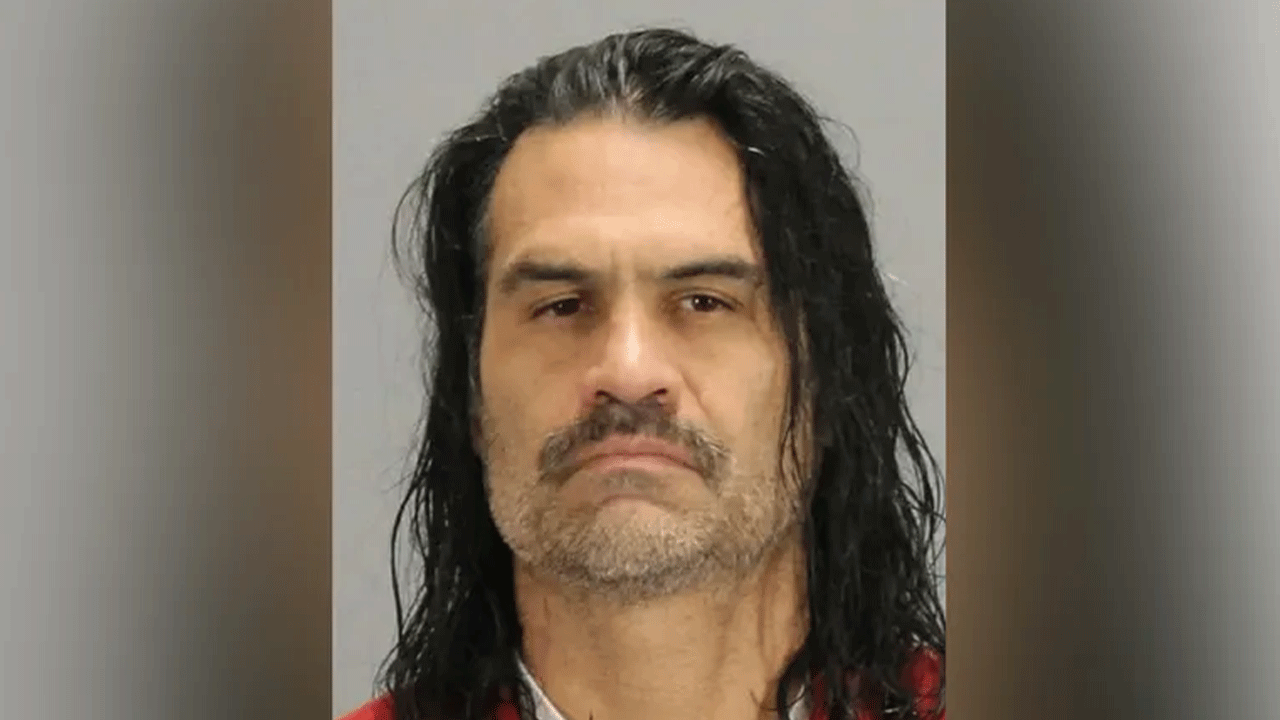Mexico’s ex-public security chief convicted in US drug case
NEW YORK (AP) — A former Mexican presidential cabinet member was convicted in the U.S. on Tuesday of taking massive bribes to protect the violent drug cartels he was tasked with combating.
Under tight security, an anonymous New York federal court jury deliberated for three days before reaching a verdict in the drug trafficking case against ex-Public Security Secretary Genaro García Luna.
He is the highest-ranking current or former Mexican official ever to be tried in the United States.
“García Luna, who once stood at the pinnacle of law enforcement in Mexico, will now live the rest of his days having been revealed as a traitor to his country and to the honest members of law enforcement who risked their lives to dismantle drug cartels,” Brooklyn-based U.S. Attorney Breon Peace said in a statement.
García Luna, who denied the allegations, headed Mexico’s federal police and was later the country’s top public safety official from 2006 to 2012. His lawyers said the charges were based on lies from criminals who wanted to punish his drug-fighting efforts and to get sentencing breaks for themselves by helping prosecutors.
He showed no apparent reaction on hearing the verdict. His lawyer, César de Castro, said that the defense planned to appeal and that the case lacked “credible and reliable evidence.”
“The government was forced to settle for a case built on the backs of some of the most notorious and ruthless criminals to have testified in this courthouse,” de Castro said outside court.
García Luna, 54, was convicted on charges that include engaging in a continuing criminal enterprise. He faces at least 20 years and as much as life in prison at his sentencing, set for June 27.
The case had political ramifications on both sides of the border.
Current Mexican President Andrés Manuel López Obrador has railed throughout the trial against ex-President Felipe Calderón’s administration for, at a minimum, putting García Luna in charge of Mexico’s security. López Obrador spokesperson Jesús Ramírez tweeted after the verdict that “justice has come” to a Calderón ally and that “the crimes committed against our people will never be forgotten.”
García Luna’s work also introduced him to high-level American politicians and other officials, who considered him a key cartel-fighting partner as Washington embarked on a $1.6 billion push to beef up Mexican law enforcement and stem the flow of drugs.
The Americans weren’t accused of wrongdoing, and although suspicions long swirled around García Luna, the trial didn’t delve into the extent of U.S. officials’ knowledge about them before his 2019 arrest. López Obrador has, however, pointedly suggested that Washington investigate its own law enforcement and intelligence officials who worked with García Luna during Calderón’s administration.
A roster of ex-smugglers and former Mexican officials testified that García Luna took millions of dollars in cartel cash, met with major traffickers in settings ranging from a country house to a car wash and kept law enforcement at bay.
He was “the best investment they had,” said Sergio “El Grande” Villarreal Barragan, a former federal police officer who worked for cartels on the side and later as his main job.
He and other witnesses said that on García Luna’s watch, police tipped off traffickers about upcoming raids, ensured that cocaine could pass freely through the country, colluded with cartels to raid rivals, and did other favors. One ex-smuggler said García Luna shared a document that reflected U.S. law enforcement’s information about a huge cocaine shipment that was seized in Mexico around 2007.
One ex-smuggler, Óscar “El Lobo” Nava Valencia, said he personally heard García Luna and a then-top police official say they would “stand with us” during a meeting with notorious Sinaloa cocaine cartel kingpin Joaquín “El Chapo” Guzman’s associates amid a cartel civil war. That sit-down alone cost the drug gang $3 million, Nava Valencia said.
García Luna didn’t testify at the trial, although his wife took the stand in an apparent effort to portray their assets in Mexico as legitimately acquired and upper-middle-class, but not lavish. The couple moved to Miami in 2012, when the Mexican administration changed and he became a consultant on security issues.
The trial was peppered with glimpses of such narco-extravagances as a private zoo with a lion, a hippo, white tigers and more. Jurors heard about tons of cocaine moving through Latin America in shipping containers, go-fast boats, private jets, planes, trains and even submarines.
And there were horrific reminders of the extraordinary violence those drugs fueled.
Witnesses described cartel killings and kidnappings, allegedly including an abduction of García Luna himself. There was testimony about police officers being slaughtered and drug-world rivals being dismembered, skinned and dangled from bridges as cartel factions fought each other while buying police protection.
Testimony also aired a secondhand claim that Calderón, the former president, sought to shield Guzmán against a major rival; Calderón called the allegation “absurd” and “an absolute lie.”
García Luna was arrested after allegations of his alleged graft emerged at Guzman’s high-profile trial about four years ago in the same New York courthouse.
The former lawman also faces various Mexican arrest warrants and charges relating to government technology contracts, prison contracting and the bungled U.S. “Fast and Furious” investigation into suspicions that guns were illegally making their way from the U.S. to Mexican drug cartels. The Mexican government has also filed a civil suit against García Luna and his alleged associates and businesses in Florida, seeking to recover $700 million that Mexico claims he garnered through corruption.
Anticorruption activists gathered outside the courthouse to celebrate Tuesday’s verdict.
“My country is a grave. It’s now a cemetery … thanks to the corruption,” said Carmen Paes, who blamed drug lords in her native Mexico for the disappearance of a nephew decades ago.
Apnews
Tags:US drugs, Mexico




